Romania is a country filled with hidden gems, whether referring to picturesque landscapes, complex and diverse architecture, or vast traditions and culture. One of these elements is also represented by the people, because, as a Romanian saying goes, “the man sanctifies the place.” So, in the following lines, we want to present a “snapshot” of the Romanians which, of course, is not exhaustive or definitive, but represents a starting point for getting an overview on this topic:
1. Romanians, creators of inventions that revolutionized the world
Over time, Romanians have visibly contributed to what we call human evolution in all its forms: art, culture, technology, and science. Romanian minds are known for their sharpness, and this has carried the country’s reputation beyond its borders.
For example, Traian Vuia was the inventor of the first airplane. Also, the first jet aircraft in the world was invented by the engineer Henri Marie Coandă in 1910.

Petrache Poenaru – Romanian engineer and mathematician – was the one who invented the fountain pen.
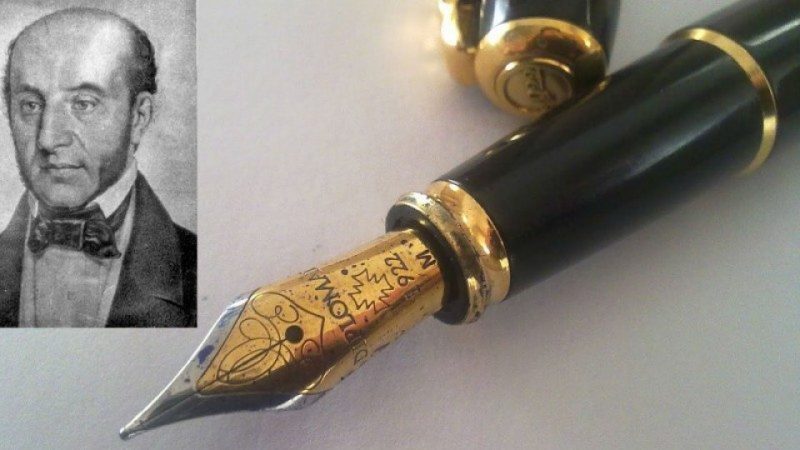
Nicolae Păulescu invented insulin, the diabetes treatment.

Ana Aslan is known as “the woman who conquered old age. ” She discovered vitamin H3 (Gerovital) and created anti-aging creams used worldwide today (Aslavital products).

These are just a few examples, and the list is far from complete. Thus, Romanians are creative and innovative.
2. Romanians respect their traditions
One notable thing about the Romanian people is their affinity for their own traditions. Their connection to their roots is strong and unbreakable. Customs and traditions have changed from one generation to another, but they are still passed down today in one form or another. Romanians have various traditions dedicated to the most important events in their lives, such as baptisms and weddings. Additionally, there are numerous traditions tied to major holidays such as Christmas and Easter, as well as other religious celebrations.
For instance, one wedding-day tradition is to “kidnap” the bride during the celebration. Usually, a group of men steal the bride, and for the groom to win her back, they ask for various gifts and subject him to challenges.
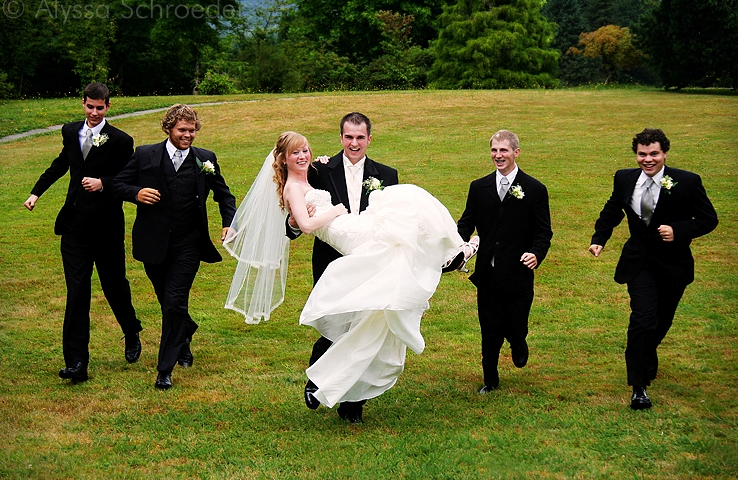
Another tradition is related to baptisms. A year after the event, there is the “cutting of the lock.” On this day, after the godparents cut a lock of the child’s hair, a celebration takes place. During this time, various objects are placed on a large plate, which is presented to the child. Usually, the items include books, scissors, a toy car, jewelry, pencils. The child chooses three objects from the plate, which are said to predict their future.
3. They are deeply family-oriented
The family is the basic unit of Romanian society, the foundation of the social structure, and the most representative element of stability in people’s lives. Typically, Romanian families are large and close-knit. Thus, a good way to connect with Romanians is by discussing family. You’ll find people are open to sharing stories about this topic.
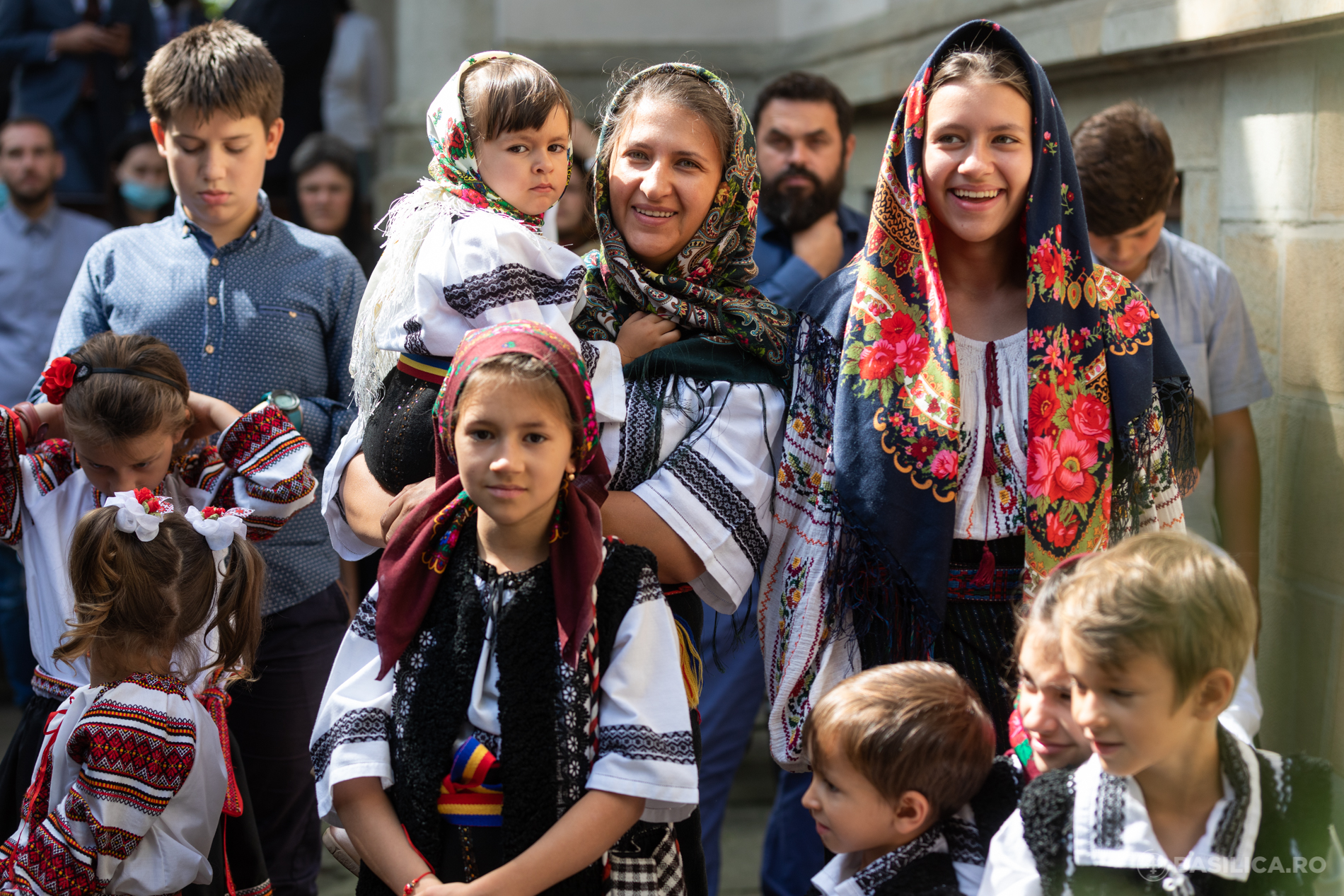
4. Religion is important to Romanians
Many Romanians are religious, saying that this aspect is vital for their peace of mind. They pray for well-being, health, and family. This is the spirit in which most Romanians were raised, and for this reason, religion and their relationship with God play a significant role in their lives.
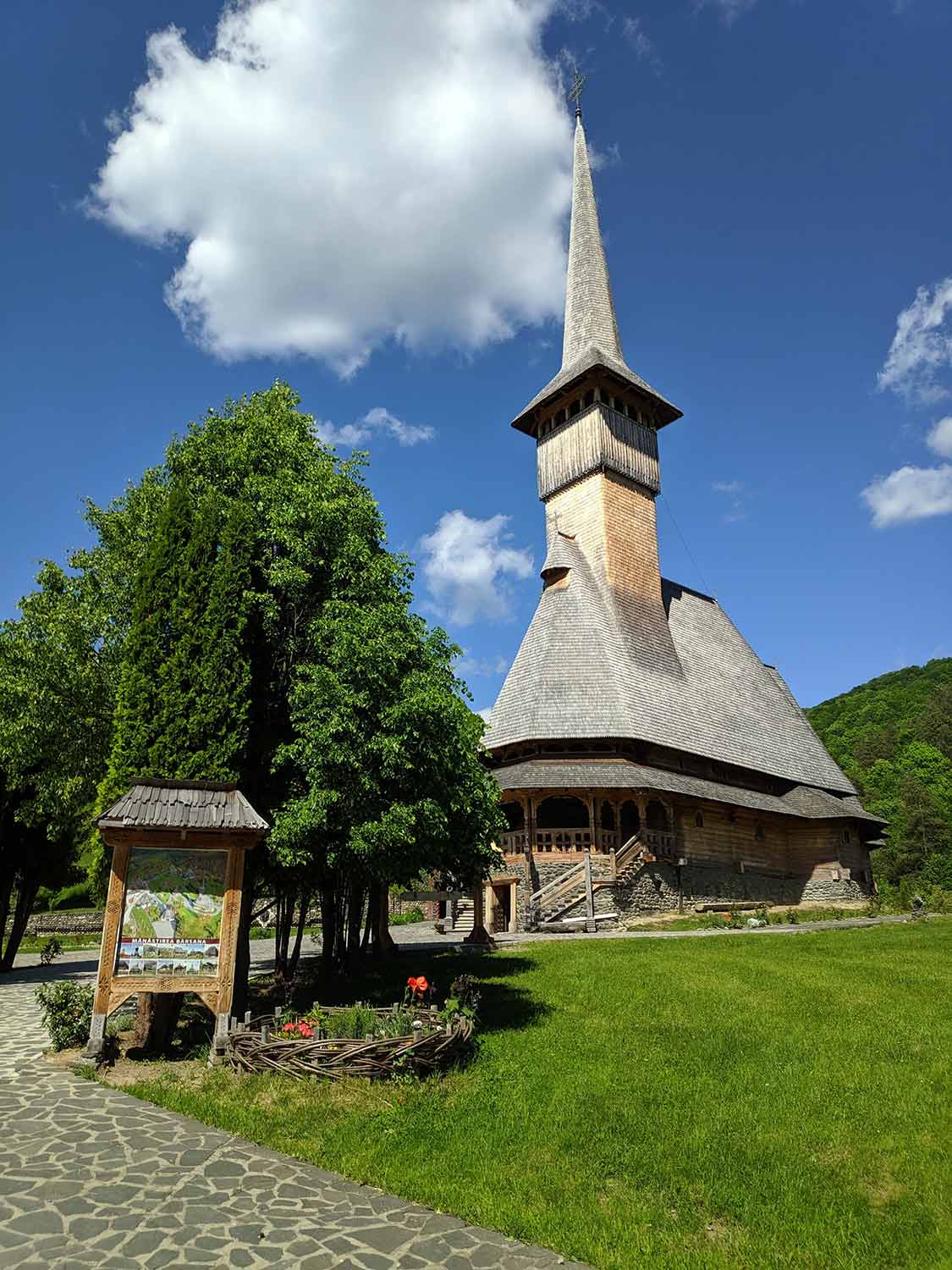
5. But they are paradoxically superstitious
One superstition related to wedding days has to do with the weather: if it rains, it brings luck, abundance, and prosperity. If the bride cries at the wedding, it means she will be happy in marriage. If she sees another bride on her wedding day, it’s a bad omen.
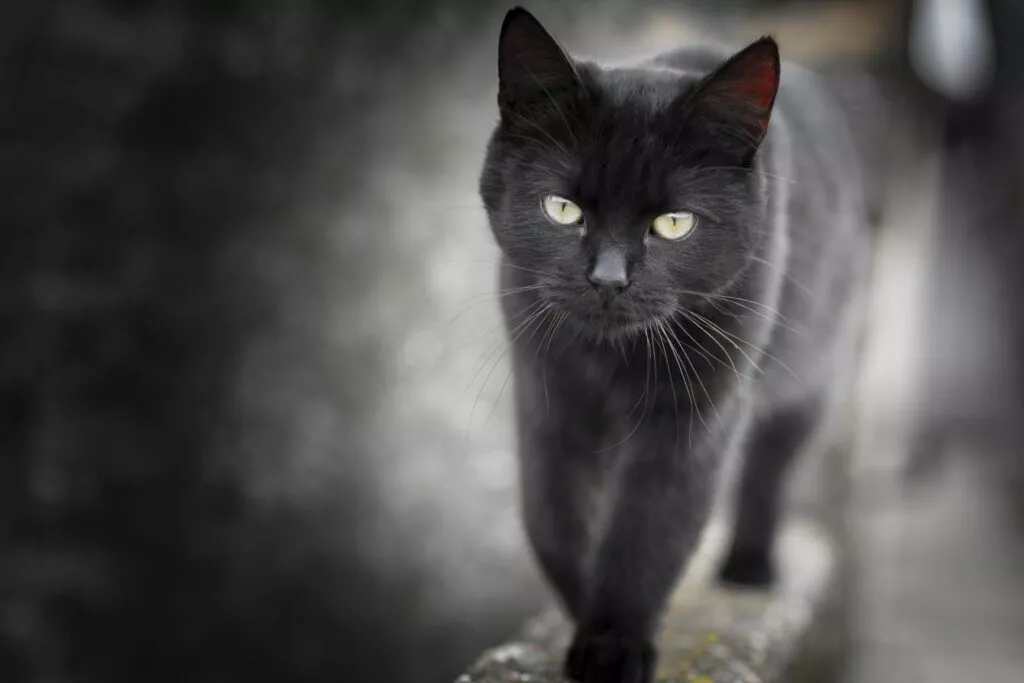
Black cats are considered to bring bad luck. “The evil eye” falls into the same category, and it’s believed that when someone envies or stares too intensely, the person affected will feel unwell, and there are various traditional methods to “remove” it.
6. Humor is key
Romanians are inventive, creative, and have a great sense of humor. When faced with difficulties, they often find humor in adversity and use it to lighten the burden. A prime example of this is the “Merry Cemetery” in Săpânța, Maramureș – where colorful tombstones contain humorous inscriptions about the lives of the deceased.
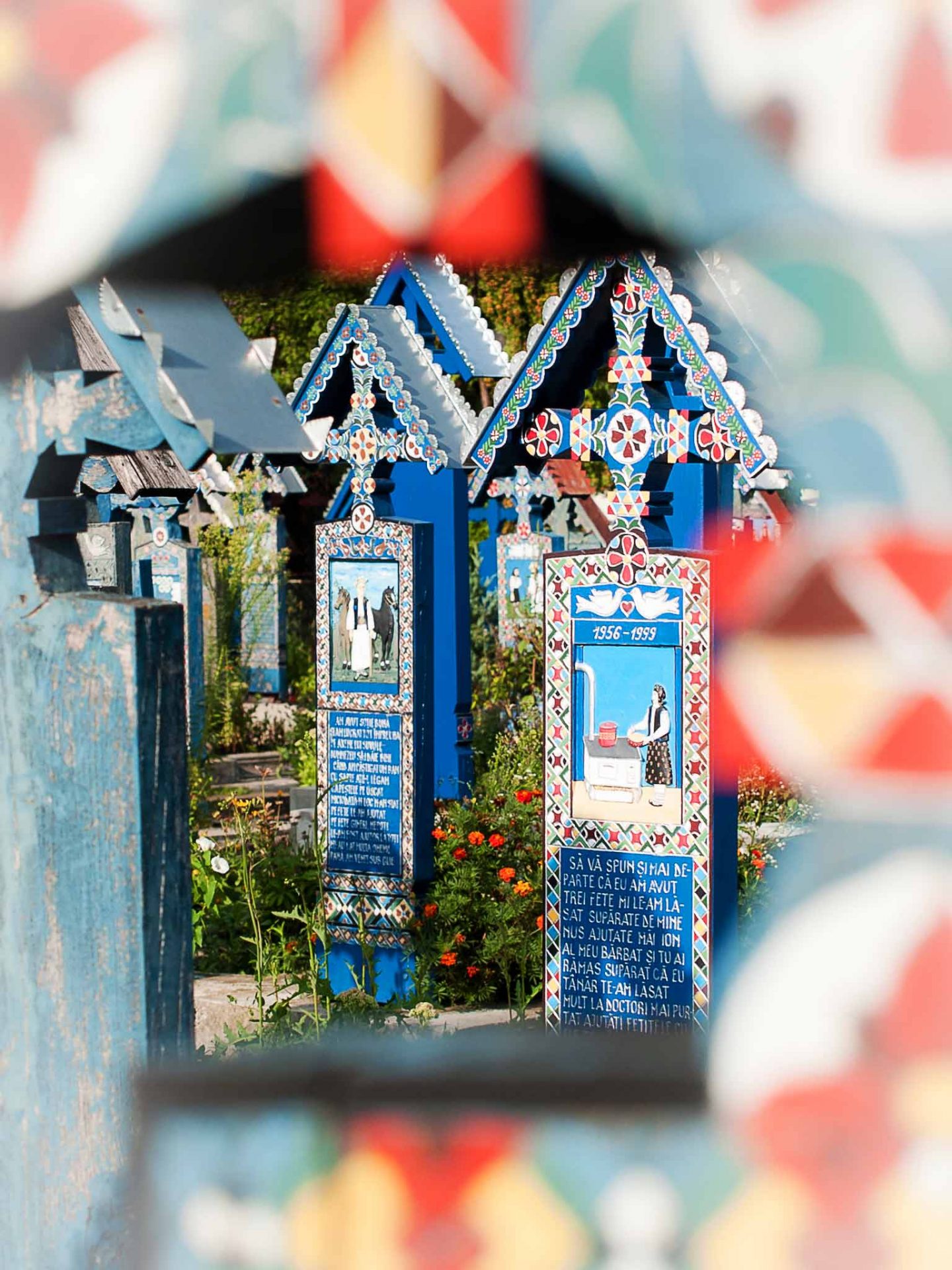
7. Passionate people, sometimes driven by emotions
Romanians are often guided by emotions and put their heart into everything they do. When they care about someone, they are fully committed and find numerous ways to protect their loved ones. This also applies professionally, as Romanians are driven by passion when they enjoy what they do and strive to achieve great results.
8. Romanian cuisine is rich
Yes, Romanians are food lovers. Many traditional dishes are meat-based, and Romanian meals are always hearty. The various people who have passed through the country have left a strong culinary influence, and the complexity of Romanian cuisine is one of the elements they take pride in.
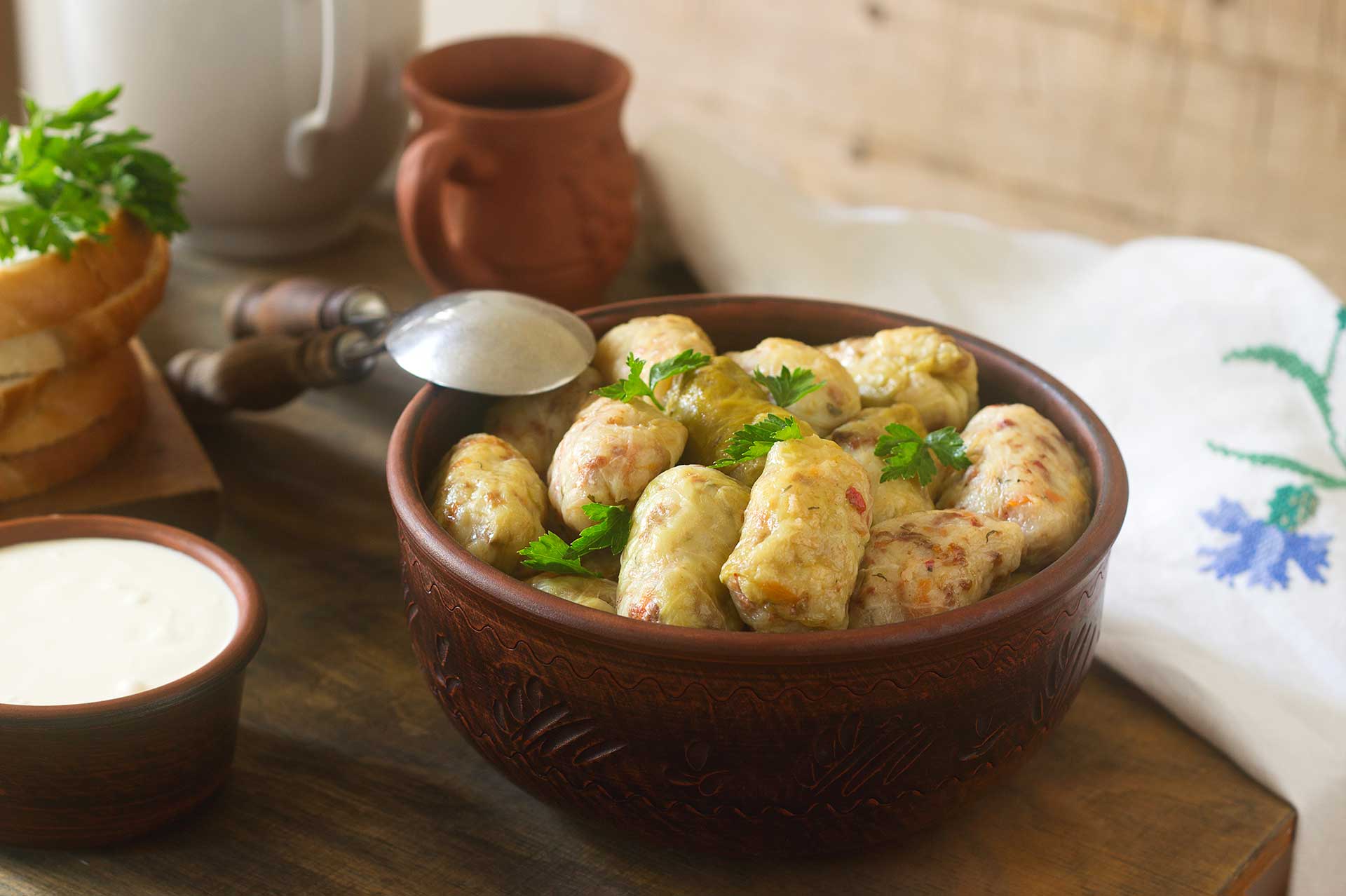
9. Romanians are hospitable
When you’re invited to a Romanian’s home, expect to be well-fed. You’ll be seated at the table, and it will be hard to refuse the culinary experience, even if you’re not hungry. Romanians are hospitable, respectful, and welcoming.
